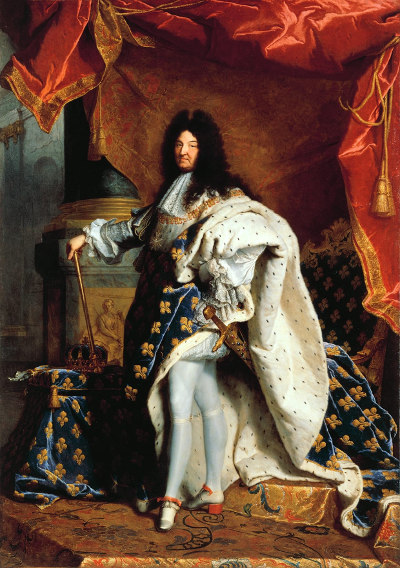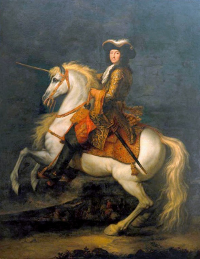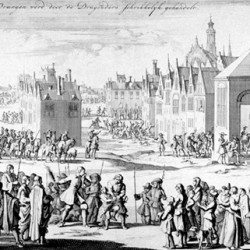The Unparalleled Reign of the Sun King, Louis XIV of France
Part 2: Absolute Power Concerned as well with the arts, Louis ordered the creation of academies and institutes in the arts and sciences. The Academy of Inscriptions and Belle-Lettres came along in 1663, followed by the Royal Academy of Music in 1666. Colbert personally oversaw the construction of the Paris Observatory, which took five years to build. Long a patron of the arts, Louis was particularly fond of ballet and performed lead parts in many productions in the early part of his reign. Louis also directed his military minister, the Marquis de Louvois, to expand the army and the navy. France was soon the leading military power on the Continent. Ever the opportunist, Louis capitalized on the void left by his father-in-law's death to lay a French claim for part of the Spanish Netherlands and declared war on the Dutch (in the War of Devolution). The Dutch got the better of the French in this war, and Louis ended things before they got out of hand. He joined forces with English King Charles II in the In the 1680s, Louis took a bold step with regard to religion. A devout Catholic, he had it in for French Protestants known as the Huguenots. King Henry IV, Louis' grandfather, had, in 1598, issued the Edict of Nantes, which granted substantial religious rights to the Huguenots, who were the largest religious minority in the country. In 1685, Louis XIV revoked the Edict of Nantes. In the Edict of Fontainebleau, the king declared that the Huguenots no longer had the right to worship as they saw fit. Instead, they could be punished for doing so. Further, the king ordered Protestant schools closed and churches destroyed. Drastically, Protestants were forbidden from assembling and even marriage. Henceforth, the Next page > War after War > Page 1, 2, 3 |
|
Social Studies for Kids
copyright 2002–2026
David White



 The king still had other ministers. His finance minister, Jean-Baptiste Colbert, reorganized the administrative and financial apparatus of the government, organizing the tax system and ending reckless borrowing.
The king still had other ministers. His finance minister, Jean-Baptiste Colbert, reorganized the administrative and financial apparatus of the government, organizing the tax system and ending reckless borrowing.
 king declared, all children born in France would be baptized as Catholics. The result was a large emigration, to England and Holland and other countries; conservative estimates put the number of Huguenots who fled at 200,000. (The number of Huguenots living in France at that time is thought to have exceeded 1 million.) By this time, Huguenots made up a large part of the industry in the country; the disappearance of that many people from the tax rolls would have stung as well.
king declared, all children born in France would be baptized as Catholics. The result was a large emigration, to England and Holland and other countries; conservative estimates put the number of Huguenots who fled at 200,000. (The number of Huguenots living in France at that time is thought to have exceeded 1 million.) By this time, Huguenots made up a large part of the industry in the country; the disappearance of that many people from the tax rolls would have stung as well.
